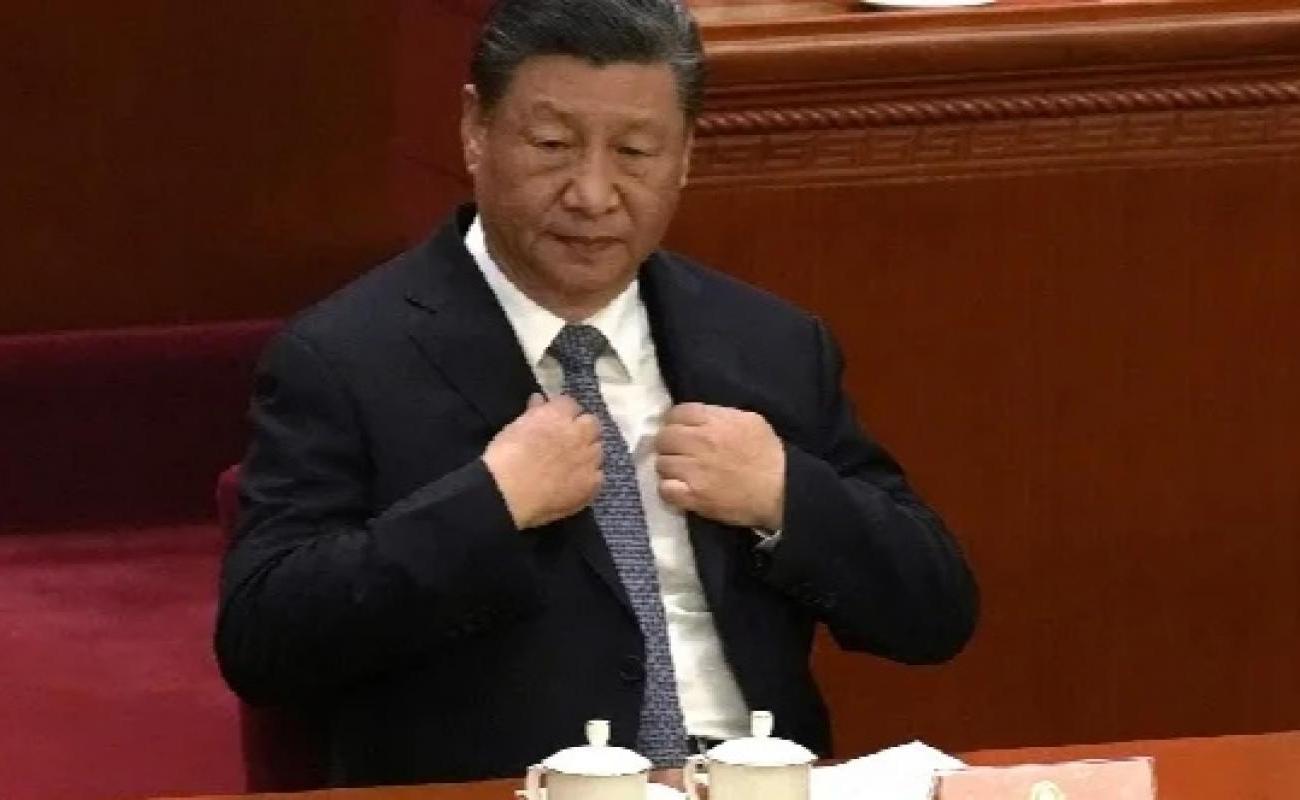Xi Jinping’s 2024 New Year’s Threat: 'No One Can Stop Taiwan’s Reunification With China'

Chinese President Xi Jinping has wrapped up 2024 with a bold declaration regarding Taiwan, stating that "no one can stop" the reunification of Taiwan with China. His comments, made during a New Year's Eve speech, underscore the ongoing tension between Beijing and Taipei. For years, China has maintained that Taiwan is an integral part of its territory, while also escalating military posturing in the region, including air force and naval drills around the island.
Taiwan and China: A Stark Contrast
The divide between Beijing and Taipei is stark. Taiwan operates as a democratic nation, while China remains a communist state. This contrast in political systems has fueled tensions between the two. In recent months, China has ramped up efforts to isolate Taiwan diplomatically and exert pressure on its government. Since Taiwan's recent democratic election, in which President Lai Ching-te took office in May 2024, Beijing has conducted three major military drills, signaling its displeasure with Taiwan's political landscape. These military exercises, particularly the largest one held earlier this month, have drawn significant attention, with Taiwanese officials expressing concern over China's increasing military maneuvers in the region.
Xi's Threat of Force
In his New Year's address, Xi Jinping reiterated China's stance on Taiwan, asserting that "Chinese people on both sides of the Taiwan Strait are one family." He emphasized that "no one can sever our blood ties, and no one can stop the historical trend of the reunification of the motherland." These statements come at a critical time, as the world awaits the upcoming presidential transition in the United States, with Donald Trump set to take office in just three weeks. The Taiwan issue remains a significant point of contention between Beijing and Washington, with the U.S. being a major ally of Taiwan and its primary supplier of weapons.
The Strategic Importance of Taiwan
Taiwan holds strategic significance for the United States, not only because of its democracy but also due to its critical role in the Asia-Pacific region. Washington's stance on defending Taiwan against Chinese aggression has been consistent, with the U.S. viewing Taiwan as a key partner in countering Chinese influence in the region. Taiwan's democratic values also align with U.S. foreign policy principles, particularly in opposing the spread of communism.
A Brief History of China and Taiwan
The relationship between China and Taiwan is rooted in a complex history. Taiwan, officially known as the Republic of China (ROC), has its origins in the early 20th century when the Qing dynasty collapsed, and the ROC was established in 1912. However, following the Chinese Civil War, the Communist Party, led by Mao Zedong, overthrew the ROC government, which fled to Taiwan in 1949. This marked the beginning of Taiwan's status as a separate entity, with the Republic of China continuing to govern the island.
China, under Mao's leadership, expanded its control over the mainland, while the ROC government in Taiwan maintained its independence. The United Nations recognized the ROC as the legitimate government of China until 1971, when it was replaced by the People's Republic of China (PRC). Since then, Taiwan has remained outside of China's control, despite Beijing's persistent efforts to bring it under its rule.
The Present-Day Divide
Today, Taiwan is a thriving democracy, but its international recognition is limited due to pressure from Beijing, which insists that Taiwan is part of China. Many countries, fearing diplomatic and economic consequences from China, do not maintain formal ties with Taiwan. However, Taiwan continues to operate independently, with its own government, military, and economy, while Beijing's ambitions to reunify Taiwan with the mainland remain unchanged.
As we head into 2025, the Taiwan issue is likely to remain a flashpoint in international relations, with China's aggressive stance continuing to challenge the delicate balance between regional security, democratic values, and geopolitical interests.
